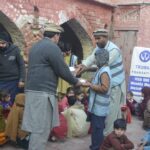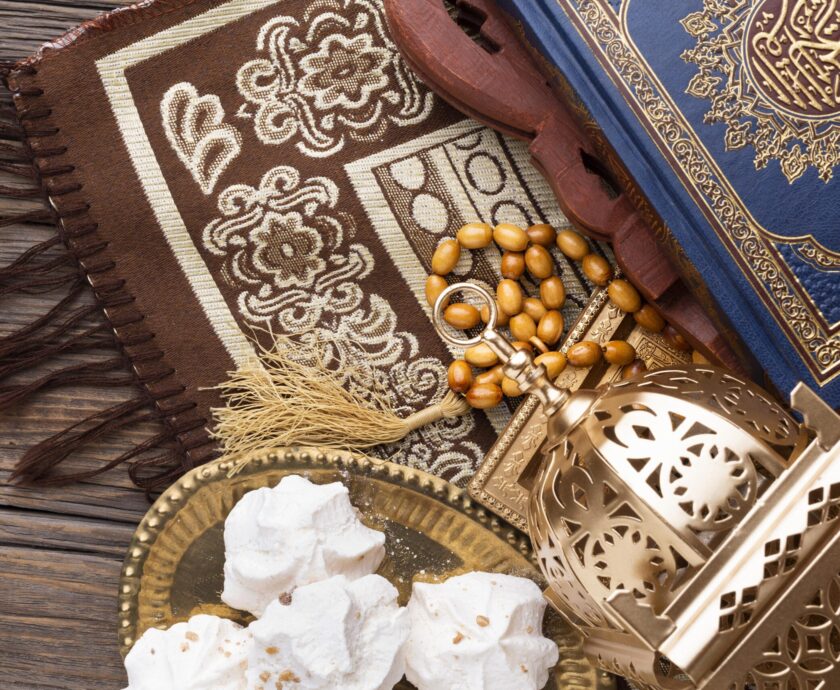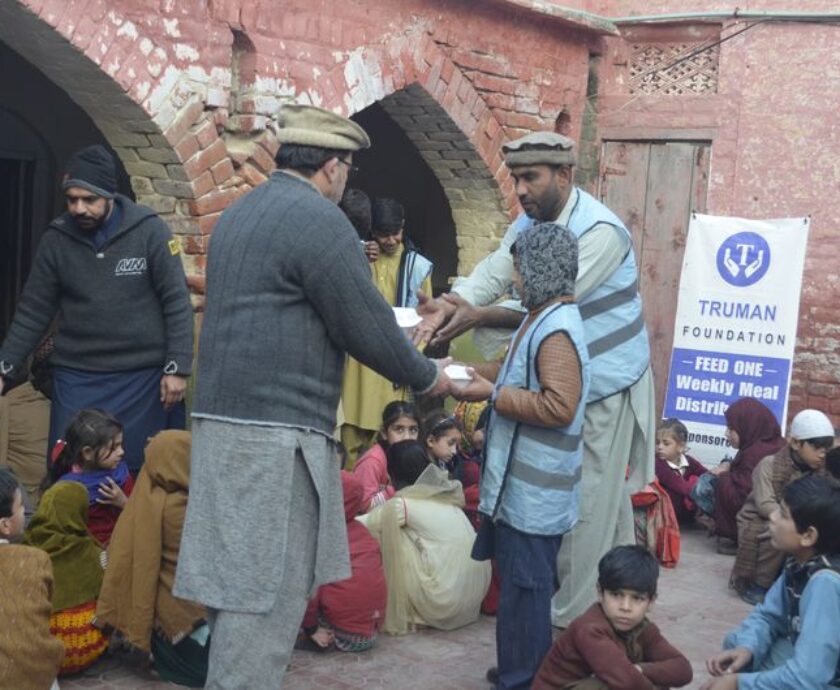Ramadan, a cherished time for Muslims around the world, is not just about fasting; it’s a journey of the soul, filled with love, reflection, and spiritual rejuvenation. As Ramadan draws to a close, there’s a special aura surrounding the last 10 days of Ramadan, inviting us to deepen our connection with Allah and cherish the blessings bestowed upon us.
Reflecting on Ramadan’s Significance
Ramadan isn’t just a month on the calendar; it’s a divine gift, a time to pause, reflect, and nurture our spirituality. It marks the period when the Quran, our guiding light, was revealed to Prophet Muhammad (peace be upon him). This sacred month serves as a beacon of hope, guiding us towards goodness and compassion.
“Ramadan is the month in which the Quran was revealed as a guide for humanity with clear proofs of guidance and the decisive authority. So whoever is present this month, let them fast.” [Al-Baqarah 2:185].
- As Abu Hurairah reported, The Messenger of Allah (PBUH) said:
“When Ramadan begins, the gates of Jannah are opened, the gates of Hell are closed, and the devils are chained.” [Al-Bukhari and Muslim].
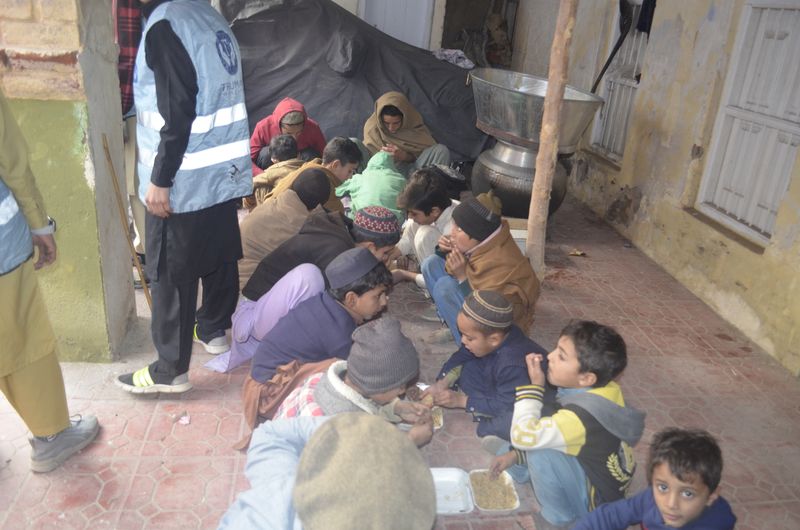
Embracing the Last 10 Days
The final stretch of Ramadan holds a unique allure. It’s a time when hearts are tender, and souls are eager to draw closer to Allah. These last 10 days are shrouded in mystery, holding within them Laylat al-Qadr, a night more precious than a thousand months. It’s a night of mercy, forgiveness, and divine blessings.
The last 10 days of Ramadan stand unparalleled in their spiritual significance, offering an outstanding opportunity for worship, righteous deeds, and spiritual elevation.
These nights are distinguished by divine acceptance of deeds and multiplied rewards. During these nights, Allah (SWT) selects those destined for Paradise, providing freedom from the torment of Hellfire.
Characterized by profound blessings, Muslims earnestly seek to draw nearer to Allah (SWT), engaging in numerous acts of piety and Quranic recitation.
Seeking Laylat al-Qadr
Laylat al-Qadr is described in the Quran as “better than a thousand months” (Quran 97:3),
Laylat al-Qadr is described in the Quran as “better than a thousand months” (Quran 97:3), emphasizing its significance. It is believed to occur on one of the odd-numbered nights during the last 10 days of Ramadan, although the exact date is not specified. Muslims engage in intense prayer, supplication, and remembrance of Allah, hoping to capture the blessings of this auspicious night.
“Indeed, ˹it is˺ We ˹Who˺ sent this ˹Quran˺ down on the Night of Glory. And what will make you realize what the Night of Glory is? The Night of Glory is better than a thousand months. That night, the angels and the ˹holy˺ spirit descend, by the permission of their Lord, for every ˹decreed˺ matter. It is all peace until the break of dawn.” [Al-Qadr 97: 1-5]
Narrated `Aisha: Allah’s Messenger (PBUH) used to practice I`tikaf in the last ten nights of Ramadan and used to say, “Look for the Night of Qadr in the last ten nights of the month of Ramadan.” [Sahih al-Bukhari 2020].
Prophet’s Practice in the Last 10 Days
Prophet Muhammad (peace be upon him) demonstrated special devotion and worship during the last 10 days of Ramadan. He would seclude himself in the mosque, engage in extra prayers, and intensify his spiritual practices. Muslims follow his example by increasing acts of worship, including recitation of the Quran, charity, and seeking forgiveness.
‘Aishah (May Allah be pleased with her) reported: When the last ten nights (of Ramadan) would begin, the Messenger of Allah (PBUH) would keep awake at night (for prayer and devotion), awaken his family and prepare himself to be more diligent in worship. [Al-Bukhari and Muslim].
Benefits of Helping Needy During Ramadan
Charity holds a central place in Ramadan, with Muslims encouraged to give generously to those in need. The act of giving not only benefits the recipients but also brings immense spiritual rewards and blessings to the donor. It is an opportunity to purify one’s wealth and earn the pleasure of Allah.
“The best charity is that given in Ramadan.” [Jami` at-Tirmidhi 663].
Ways to Perform Good Deeds and Donate during Ramadan
There are numerous ways to perform good deeds and donate during Ramadan. From providing iftar meals to the hungry to supporting orphanages and sponsoring needy families, the opportunities for charity are abundant. Engaging in acts of kindness and generosity not only benefits others but also enriches one’s own spiritual journey.
The Timing of the Last 10 Days of Ramadan 2024
As the last 10 days draw to a close, we eagerly anticipate Eid al-Fitr, a joyous celebration marking the end of Ramadan. It’s a time for family, feasting, and gratitude – a reminder of the blessings we’ve received and the bonds we share.
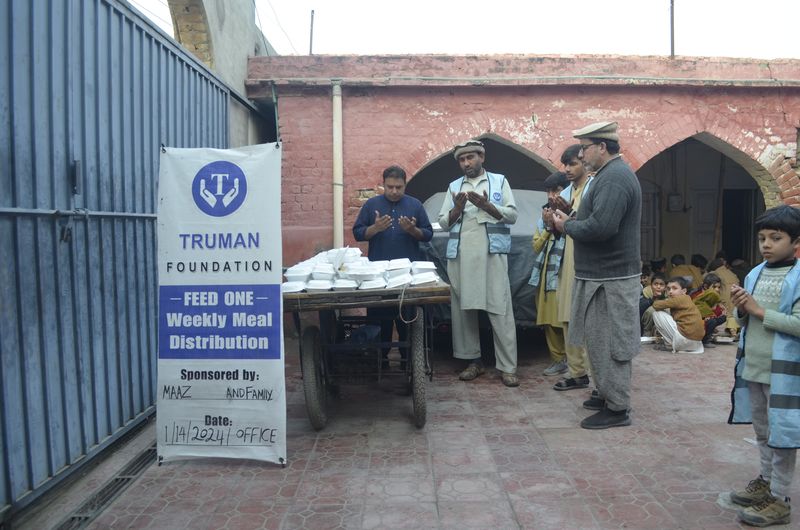
Join our charitable efforts this Ramadan!
As we cherish the final days of Ramadan, let’s come together in acts of kindness and compassion. By joining hands in charitable endeavors, we amplify our impact, spreading hope and healing to those in need. Together, let’s make this Ramadan a time of profound blessing and joy.





